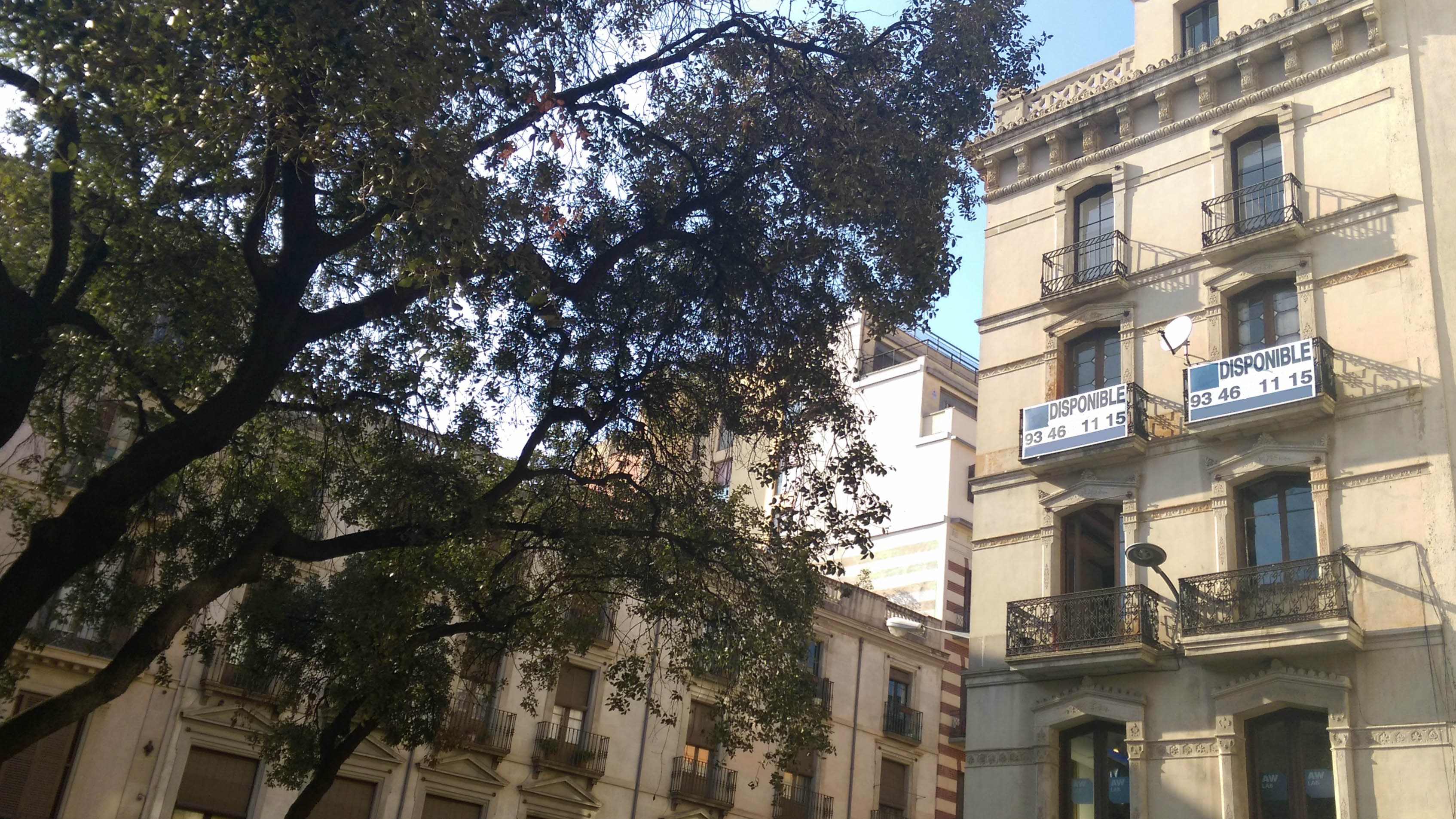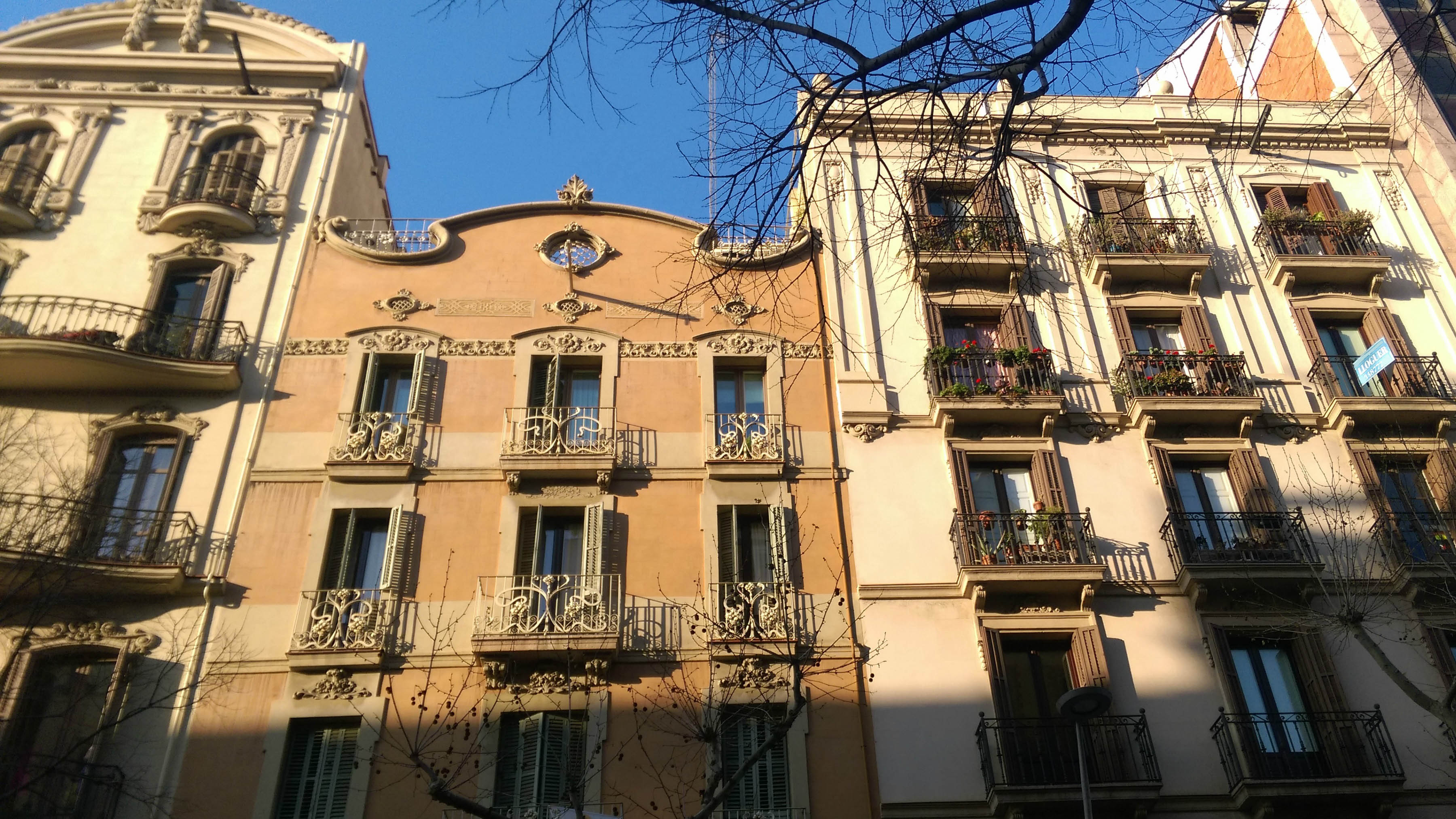Spain welcomes one of the greatest numbers of Erasmus students in Europe and Barcelona is without doubt one of their favourite destinations. You can feel the cosmopolitan atmosphere in the streets: it’s more common to hear English in the centre than Spanish or Catalan. But, nowadays, this surge in popularity is coming face to face with a reality that many have been talking about for a while: the current housing bubble in the cost of rent.
By Miriam Vázquez / 19.3.2017
From the traditional Gothic Quarter to the innovative 22@ District, the cost of rent in every area has shot up. It’s hard to find a room in a 100-square-metre house, sharing a bathroom and kitchen with other students for less than 400 Euros/month. Marco Savino, an Erasmus student in Barcelona, has been here for five months and already changed flat three times: “Rent prices are very high here, especially when you compare them to the size of the room. Every room I’ve had has been less than ten square meters”

Barcelona © Miriam Vázquez
Adopting similar policies to other countries could be a way to address the situation. In Germany for example one half of the population rent, whereas only one quarter do in Spain. That’s why, in 2005, the German Parliament passed a law capping steep rent increases. Nils Bruder, a German student who will spend a semester in Barcelona explains “I believe in the free market, but in Barcelona’s case some limits should be established, as Germany has done. Locals can’t afford to live in their own city anymore”.
In order to makes sense of the current situation, however, it’s necessary to make memory. Hearing the term ‘housing bubble’ sends shivers down the spine of any Spanish person, a feeling similar to that of seeing a tourist buying a Mexican sombrero as a souvenir. Many believed the 2008 (housing?) crisis to be a wake-up call and thought nothing like that would happen again in the future. The crisis hit the country especially hard because of its economy based on tourism and “block”, (i.e.) the building trade. The factors that led to this situation are complex, but if you’re interested in knowing more about what happened ”Españistán” explains it, a video which went viral on Youtube some years ago.

Barcelona © Miriam Vázquez
Given this history, many Spaniards haven’t taken the risk of investing in property since the crisis while others, especially young university students, don’t plan on living in the same place forever. The latter make up the majority of those renting flats in the centre of the city, due to their proximity to universities and their brand new jobs in start-ups. Add illegal tourist flats to this equation – a problem which Barcelona’s city council is already trying to tackle – and you have the perfect combination to make a new housing bubble explode.
In the meantime, many international students will continue to question why flats are so expensive in the city. The majority of them won’t know about our recent history and will be ignorant to the fact that there’s speculation through rent prices. They’ll simply believe it’s the price they have to pay to enjoy the culture and sun of Barcelona.




Recent Comments